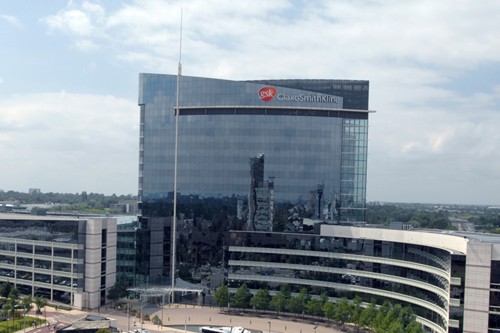
GlaxoSmithKline has continued the revamp of its product portfolio by offering a swathe of older, low-growth products up for sale, according to media reports.
The pharma company has invited private equity bidders to take a look at mature products sold in established, western markets, following through on comments made recently by chief executive Andrew Witty.
“It is highly likely that you will see us divest individual products and it is possible that we shall do block sale,” he said at the company’s first-quarter results conference. Among the firms given the opportunity to view the portfolio are Advent International, Blackstone and KKR, according to Reuters, which indicated the overture was initially revealed by Sky News.
The move comes shortly after GSK announced a $20bn asset swap with Novartis to change the composition of its product portfolio and strengthen its vaccines and consumer health businesses, without disturbing its core R&D business which yielded five new product launches last year.
Selling off part of its legacy product tail is in keeping with that strategy – which has also been adopted in variant forms by Pfizer, and with private equity firms now invited to the showroom speculation is building on the brands that may be up for grabs.
Imitrex (sumatriptan) for migraine, the antidepressant Paxil/Seroxat (paroxetine) and gastrointestinal therapy Zantac (ranitidine) have all been named in dispatches as former blockbuster brands that are now in GSK’s ‘established products’ category.
GSK revealed that established products accounted for 16 per cent of its turnover last year, the first time it has published that data. It has already started disposing of some other assets, for example selling anticoagulants Arixtra (fondaparinux sodium) and Fraxiparine (nadroparin) to South Africa’s Aspen in a £700m deal last year.
The company is narrowing its focus to a few key areas – including respiratory, consumer health, vaccines and HIV – which, along with oncology (now subject to the asset swap with Novartis), contributed around 70 per cent of revenues in 2013.
However, like most pharma companies it also wants a portfolio of older generic medicines to sell in emerging markets, so it is unlikely these rights will be up for sale.




